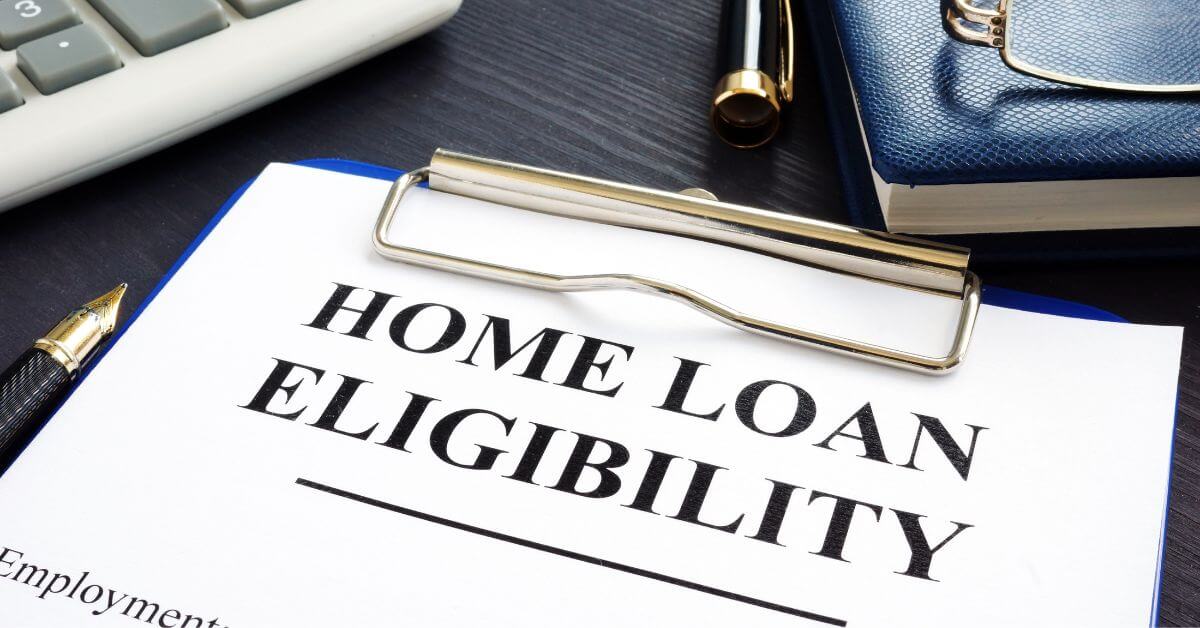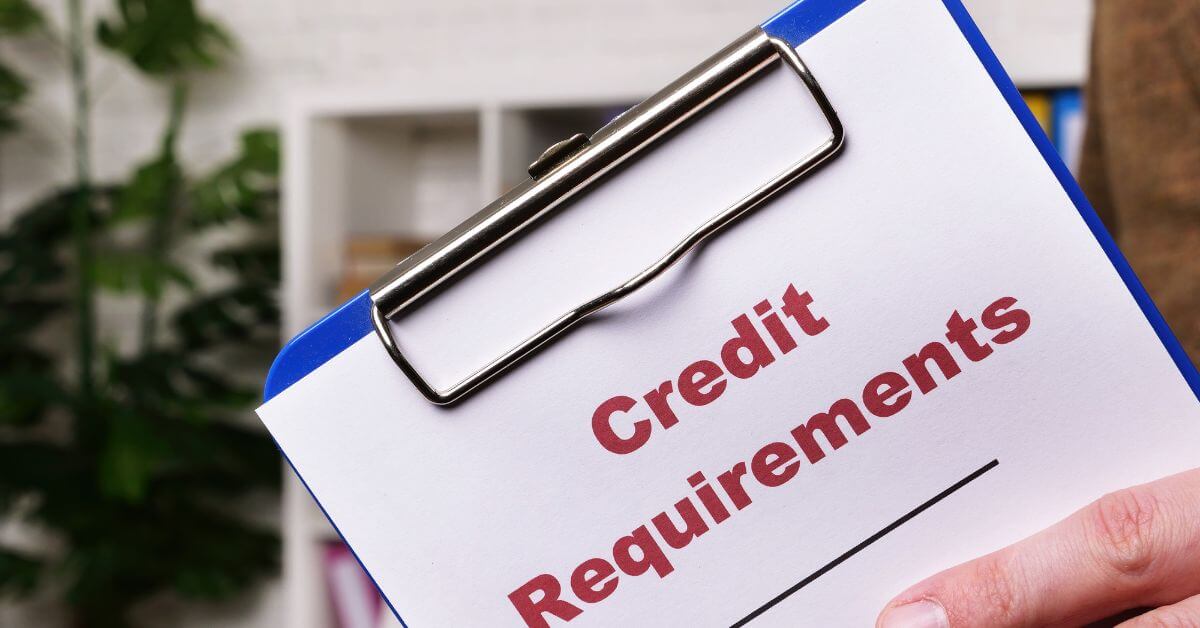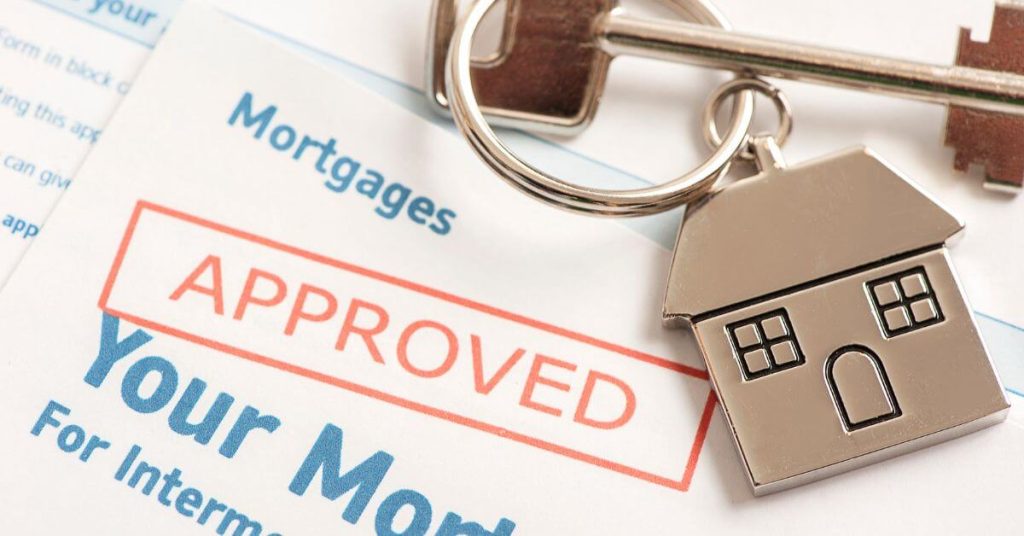FHA loans have a success rate of 95%. That’s excellent, but it’s not 100%, which means there’s still the possibility of your loan application falling through.
How do you know if you fall in the small 5% of borrowers who will get their loan unapproved? And which options are available to you in a situation like this?
In this article, we’ll discuss the common reasons why borrowers see their applications denied or their loans fall through and how you can avoid them.
We’ll also explore ways to ensure your application has the best chance of success so that you can enjoy the benefits of homeownership without any unnecessary hiccups along the way.
What are FHA Loans?
FHA loans are government-backed mortgages insured by the Federal Housing Administration, which is overseen by the U.S. Department of Housing & Urban Development (HUD).
They were designed to help people with limited credit histories or lower incomes become homeowners. There are several types, like the 203k rehabilitation loan which allows you to finance the purchase of a home along with its renovation or repairs.
With an FHA loan, borrowers can make down payments as low as 3.5% and don’t require perfect credit or high-income levels in order to qualify.
These lenient requirements, along with other flexible terms, make FHA loans attractive options for many prospective homebuyers.
Eligibility Criteria for FHA Loans

It is important to understand that the terms and conditions of an FHA loan are more relaxed than those of a conventional loan.
Still, there are still several requirements that must be met in order for you to qualify for this loan. Additionally, these requirements determine how much FHA loan you qualify for.
They include the following:
- Credit score – Your credit score should be at least 580 but you are technically eligible with a credit score as low as 500. Credit scores below 580 pay a down payment of 10% of the property price as opposed to the 3.5%.
- Debt-to-income ratio (DTI) – The maximum DTI allowed is 43%. Even with student loans, your DTI can not exceed 45%. This means that your total monthly debts should be no more than 43% of your monthly income.
- Employment history – You must show proof of steady employment for at least two years.
- Down payment – You need 3.5% down in most cases, but if your credit score is lower than 580 then it might be higher.
- Mortgage insurance premium (MIP) – You must get this insurance which ranges from 0.45%-1.05% depending on the size of the loan and down payment amount.
It’s also important to note that lenders look closely at any recent derogatory credit such as late payments or bankruptcies. In some cases, these will disqualify you from getting an FHA loan altogether.
But even when you meet all the criteria and have great credit, you are still not guaranteed approval. Let’s now take a look at why your FHA loan may fall through.
Common Reason Why FHA Loans May Fall Through
FHA loans can fall through for a number of reasons. Here are the most common reasons:
Proof of income
The most common reason why FHA loans fall through is due to the borrower not being able to provide sufficient proof of income. This could be because they don’t have enough documentation or because their income isn’t high enough to cover the loan payments.
Down payment
FHA loans are not 100% financing options, which means you will need to put down a down payment. If you do not have enough money for a down payment saved up, your loan could fall through. Keep in mind that the down deposit required could be as high as 10% if you have a low credit score.
Credit score
A credit score below 500 will almost always result in a denied loan application. That being said, a low credit score, even above 500, may still make getting a loan approval difficult. Especially if you also have credit issues like a previous bankruptcy.
The FHA maintains that a credit score between 500 and 580 would get you pre-approval with a down payment of 10%. However, this depends on some of the eligibility criteria, and your lender.
Debt-to-income (DTI)
A high debt-to-income ratio could also cause problems in getting an FHA loan. You may be approved with a DTI higher than the expected maximum of 43% in certain situations, so find out from your lender if they are willing to accept a higher DTI.
Note that when it comes to getting pre-approved for an FHA loan, each lender may have different requirements and criteria.
Therefore, it’s a good idea to have a conversation with your lender, or us if you are looking to get a house in any of these locations, to get a clear understanding of what’s needed to increase your chances of getting approved.
That said, we offer the best terms and requirements to suit your unique financial needs. So don’t hesitate to give us a call.
Understanding Credit Requirements for FHA Loans

When we talk about loans of any kind, your credit score and credit history are probably the first thing that lenders will want to know before they consider you for a loan. So it’s important that you understand the specific credit requirements for an FHA loan.
Generally speaking, FHA loans require a minimum credit score of 580. However, all hope is not lost if you have a lower credit score. In fact, it is technically possible to get approved with a score as low as 500 in certain circumstances.
In order to qualify for an FHA loan with sub-par credit scores, you must demonstrate proof of stable employment and income, as well as sufficient savings in the bank to cover down payment and closing costs.
Again, with credit scores lower than 580, your down payment requirement will likely be higher than those with a higher credit score. Plus, lenders will need to verify that your debt-to-income ratio is below 43%.
Common Pitfalls to Avoid When Applying for an FHA Loan
It is not an uncommon experience for your FHA loan to be denied, out of nowhere, even when you have the best requirements.
Oftentimes, these are a result of computational or writing errors. So, when applying for an FHA loan, take note of these pitfalls that you can avoid.
Here are 3 common pitfalls:
- Incomplete documentation – One of the most crucial steps in applying for an FHA loan is having all of your financial information organized and readily available. If you don’t have all the documents you need or they are incomplete, your application will likely be rejected right away.
- Information inaccuracies – It’s important to make sure that everything on the application is accurate, as any discrepancies could also lead to a denial.
- Outdated debt – When any debt or obligation listed in your application is not current, lenders may view this as a risk and decide not to proceed with the loan.
Paying attention to these details increase your chances of successfully obtaining an FHA loan and reduces any unnecessary delays or complications along the way.
Tips for Ensuring an FHA Loan Doesn’t Fall Through

Now that you know the common pitfalls to avoid when applying for an FHA loan, let’s discuss how to ensure the loan doesn’t fall through.
By following these simple tips, you increase the likelihood of a successful FHA loan closing.
- Tip 1 – Be honest and provide accurate information on the application. This includes your income, debts, and other financial resources.
- Tip 2 – Make sure all paperwork is filled out correctly with no errors or omissions. Being meticulous with paperwork can save time and help prevent a loan from falling through.
- Tip 3 – Respond quickly to any requests for documentation from your lender. This will help move the process along smoothly and keep your loan on track.
- Tip 4 – Stay in contact with your lender throughout the entire process so they can provide timely updates or assistance if needed.
Timelines for Closing an FHA Loan
Closing an FHA loan is cause for celebration for both homeowners and lenders alike. So it’s understandable that everyone wants to get to that stage as quickly as possible and without any hiccups.
Here’s a timeline for an FHA loan application, here is a table that lays it out.
| Timeline | Step |
|---|---|
| Week 1-2 | Pre-qualification & Application Submission |
| Week 3-5 | Underwriting Process |
| Week 6-7 | Loan Approval & Appraisal Report Issued |
| Week 8-10 | Closing/Signing Documents & Funds Disbursed |
It may please you to know that FHA loans rarely fall through after they’ve been approved by underwriters.
The timeline above is generally accurate and in most cases, you should expect to wrap up your loan in 8-10 weeks after submitting an application.
That being said, there are always exceptions so make sure you double-check the details of your individual loan case with your local lender before signing those papers.
What Happens If an FHA Loan Falls Through?
You did everything right and your loan application still got denied? We are sorry to hear that.
It can be devastating to have your FHA loan fall through, especially with little information on what to do next.
If you find yourself in this unfortunate situation, here are a few things for you to think about and a few things you can do.
- Check your credit – First and foremost, your credit score may take a hit so it is important to keep track of your credit report during this time.
- Check for fees – Reach out to your lender for guidance on any potential fees associated with the loan falling through.
- Get more documentation – There may be more paperwork involved if an FHA loan falls through. The lender may also need additional documents from you to confirm your financial situation and repayment ability before approving another loan.
- Consider other loan types – It’s not the end of the road if you get your FHA loan denied. There are multiple other loan types that you may be better qualified for, so start doing your research.
Alternatives to FHA Loans

When it comes to financing a home, FHA loans are often a great option. Their lower down payments and flexible credit requirements make them accessible to many buyers.
However, they can sometimes fall through due to unexpected circumstances. When that happens, it’s important to know what other options are available. Here are just some of them.
Adjustable-rate mortgages (ARM)
One alternative is an adjustable-rate mortgage (ARM), which offers borrowers the chance to get a lower interest rate initially, but the rate can change over time. ARM loans usually have lower closing costs than traditional mortgages as well.
VA loans
Veterans may also be eligible for VA loans, which offer attractive terms for qualified individuals who served in the military or are currently serving in the reserves or National Guard. These loans do not require a down payment and can feature competitive rates and fees.
Conventional loans
Buyers who have good credit and stable finances may want to consider a conventional loan, which has more stringent requirements but can be more affordable overall than an FHA loan.
No matter what type of loan you choose, it’s important to shop around and compare all your options before making a final decision. This will ensure you find the best deal possible and make the most of your investment.
Advantages of Working With a Professional Mortgage Lender
There are several advantages to working with a professional mortgage lender when it comes to securing an FHA loan.
Here are just some of the advantages that professional mortgage lenders offer:
- Provide advice – They provide expert guidance that will help you make the best decision for your situation. Professional lenders have extensive experience in the mortgage industry and can guide you through the process from start to finish.
- Help with paperwork – Professional mortgage lenders ensure that all paperwork is completed correctly and in a timely manner. This prevents any delays or unexpected issues from arising during the loan process.
- Provide information – These experts also provide valuable information about available programs, rates, FHA refinancing options, and other important details that may be pertinent to your case.
- Networks – Working with a professional mortgage lender gives you access to their network of contacts which can help expedite the application process and ensure that your loan is approved quickly.
The benefits of working with a professional mortgage lender are clear – it provides a smoother experience overall and helps maximize your chances of getting an FHA loan approved quickly and easily.
With their expertise and resources on your side, you’ll have more confidence in making informed decisions throughout the entire process. And by taking advantage of their services, you can rest assured knowing you’re getting the best possible deal on your FHA loan.
Should I apply for an FHA loan?
FHA loans have a 95% success rate when approved. If denied there is still a 10% chance that the loan could become approved after further review.
So all in all, you have a great chance of getting your FHA loan approved.
If your FHA loan falls through, don’t worry – there are still plenty of other options available. Alternatives such as conventional loans may be more expensive upfront but have fewer restrictions in the long run.
Ultimately, it’s essential to do your research, avoid pitfalls in the application process, and give us a call if the going gets tough or complicated.
We are usually happier to begin this process with you to ensure smooth sailing. Still, feel free to reach us with any questions on your journey.






